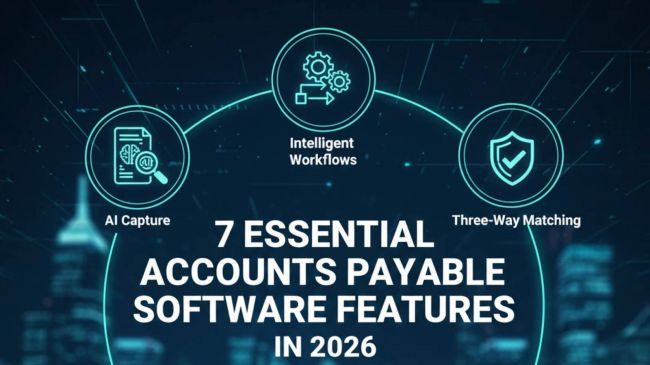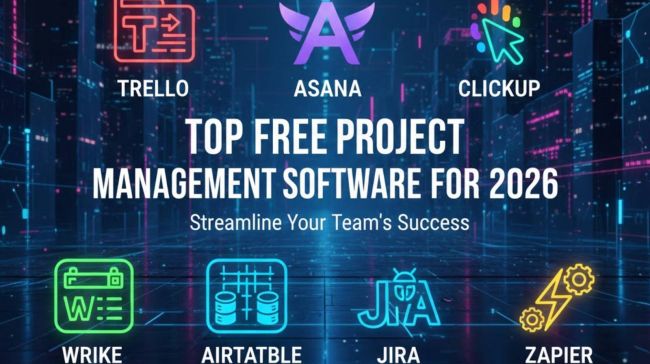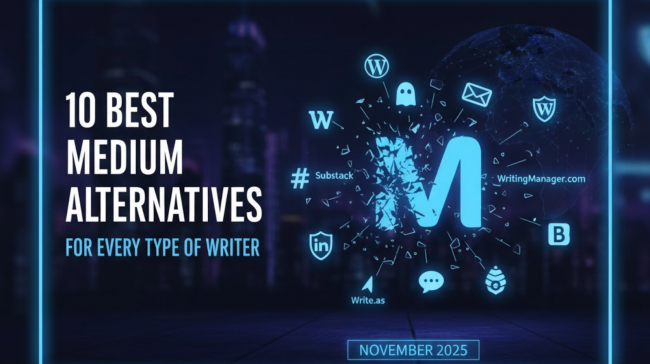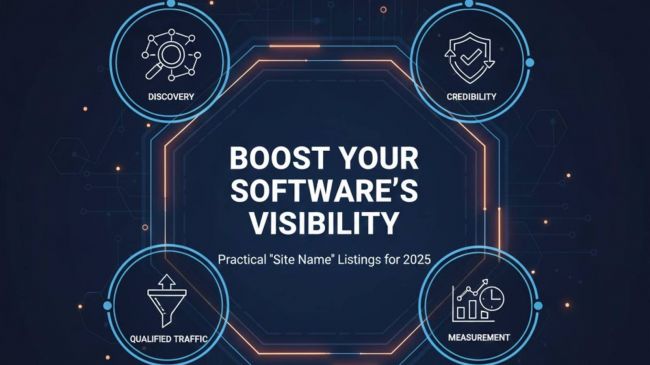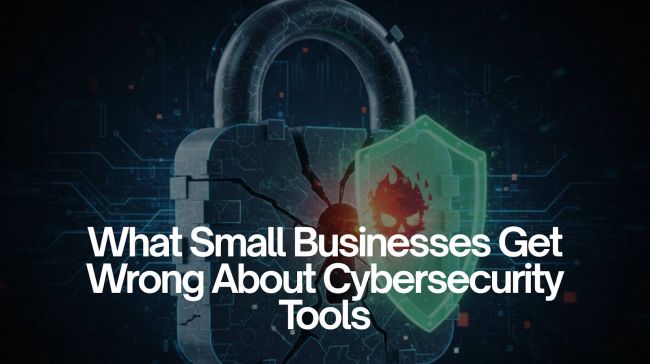We’ve all been there. You walk into a café, see a long line of people ahead of you, and instantly think, “Not worth it.” You leave, annoyed and still hungry.
That quick decision isn’t just a lost sale—it’s a missed chance to build a relationship with a customer. And this happens more often than most businesses realize.
The True Cost of Making Customers Wait
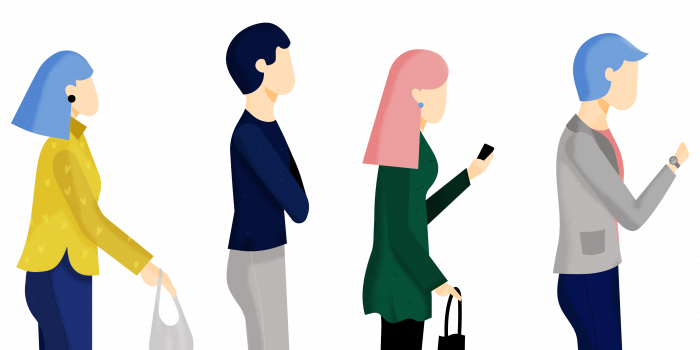
Waiting in line frustrates people. It sends a signal that their time isn’t valued, even when that’s not the business’s intention.
And frustrated customers rarely give second chances. Oracle research shows 86% of customers will leave a brand they were once loyal to after just two bad experiences—long wait times being a major culprit.
It’s not only about churn; reputation suffers too. Negative experiences quickly turn into online complaints and reviews, reinforcing what psychologists describe as the “queue irritation effect”—that people overestimate wait times and transfer the frustration to the brand (see research published in ScienceDirect). That impacts Net Promoter Scores (NPS), referral likelihood, and Google star ratings.
The risk multiplies for high-traffic businesses like quick-service restaurants, clinics, or service counters where speed is expected. If you’re making people wait too long, you’re not just losing a sale—you’re training customers to avoid you next time.
What Causes Long Wait Times in Modern Businesses?
Long wait times usually come down to gaps in people, systems, or both. And the impact shows fast when foot traffic picks up.
Here are some of the common reasons:
Peak-Hour Understaffing
When too few employees are available during busy hours, lines grow—and so does frustration.
Manual Check-Ins or Checkouts
Slower processes like paper forms or face-to-face transactions take time, especially when the volume spikes.
Outdated or Inefficient Queue Systems
If customers aren’t managed properly in line, they lose patience fast—even before service begins.
No real-time updates or service tools
Without a way to speed things up or give people a clear idea of their wait, things feel even slower than they are.
A Quora thread on why people get frustrated while waiting in line explains this well: the irritation isn’t just about the clock, but the uncertainty of when their turn will come and whether their time is respected.
These issues are often overlooked until complaints start piling up or footfall drops. The good news? Most of them are fixable with the right tech and smarter planning.
How Long Wait Times Damage the Customer Experience
People don’t just dislike waiting—they remember it. And they talk about it.
When wait times stretch too long, customer satisfaction scores drop. It tells people your time is more valuable than theirs.
It also hurts repeat visits. Once someone has a frustrating experience, they rarely want to go through it again.
A long wait often turns into a negative review. And that review shows up right when someone else is deciding whether to try your business.
Your Google rating can take a hit too. A few low ratings from impatient visitors are enough to drop your score.
Then there’s the sales you never get. In-store drop-offs happen when people walk out before buying—especially during peak hours.
One study by Qudini found 75% of customers are less likely to return to a business that made them wait too long. That’s a lot of missed chances over something that can be fixed.
Solving the Wait: The Role of Self-Service Kiosks
When done right, self service kiosks help solve one of the biggest friction points in any business—waiting.
They cut down lines fast. Customers can place orders, check in, or get information without standing around.
They also give control back to the customer. No one has to wait for a staff member just to complete a basic task.
That speeds up service for everyone. Even during busy hours, kiosks keep things moving without overwhelming your team.
And they free up staff to focus on more complex or high-touch needs—something kiosks aren’t built to handle.
We’ve already seen this work. McDonald’s uses kiosks to handle thousands of daily orders without slowing down.
Retail stores and clinics use them for check-ins, price lookups, and appointment confirmations.
Even airports have adopted kiosks for faster bag drop and boarding pass printing—saving both time and staff costs.
Choosing the Right Self-Service Solution
Not all kiosks are equal. The right choice depends on your environment.
- Interface: Easy to customize for your workflows.
- Integration: Must sync with POS, CRM, or scheduling tools.
- Support & uptime: Downtime frustrates staff and customers alike.
- Analytics: Real-time usage data helps refine operations.
Forward-looking businesses are even evaluating AI-driven kiosk platforms, where intelligent queue management reduces perceived wait.
Make Speed Part of the Experience
Customers expect fast service—it’s not a bonus anymore, it’s the baseline.
Tech like self-service kiosks isn’t just helpful—it’s become a standard way to stay competitive and efficient.
If you’re still making people wait, you’re giving them a reason not to come back. Speed isn’t just about moving faster. It’s about showing people that their time matters.
Closing Note
Reducing wait times isn’t just about efficiency—it’s about customer respect. Businesses that consistently deliver faster, smoother service build trust, loyalty, and stronger reputations. Self-service kiosks, real-time updates, and AI-driven queue management are now central to creating that experience.
For leaders exploring technology investments, it helps to start with in-depth AI tool reviews that outline real features, pros, and limitations. This ensures your kiosk or automation choice isn’t just trendy, but aligned with long-term operational needs.
Ultimately, every minute saved is more than time—it’s a statement that your customers come first.
Post Comment
Be the first to post comment!
